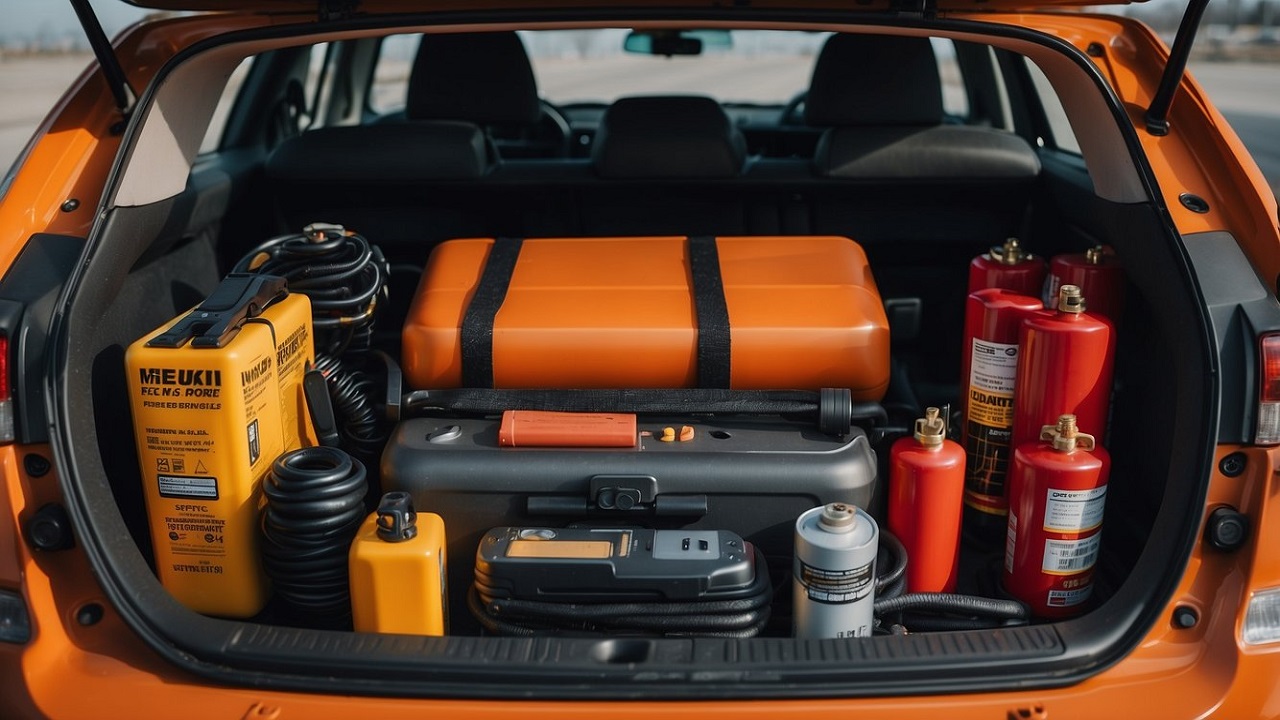Buying a new car often involves overwhelming decisions, especially with the many add-on services dealers offer. These add-ons, like service contracts and anti-theft etching, usually come at a high price. Many of these services are much cheaper outside the dealership, saving savvy buyers hundreds of dollars.
It’s also important to know the varying prices of add-ons. A recent report showed that dealers sell these services at widely different rates, with some consumers paying much more for the same product. Understanding these costs and negotiating can lead to significant savings.
Extended Warranty
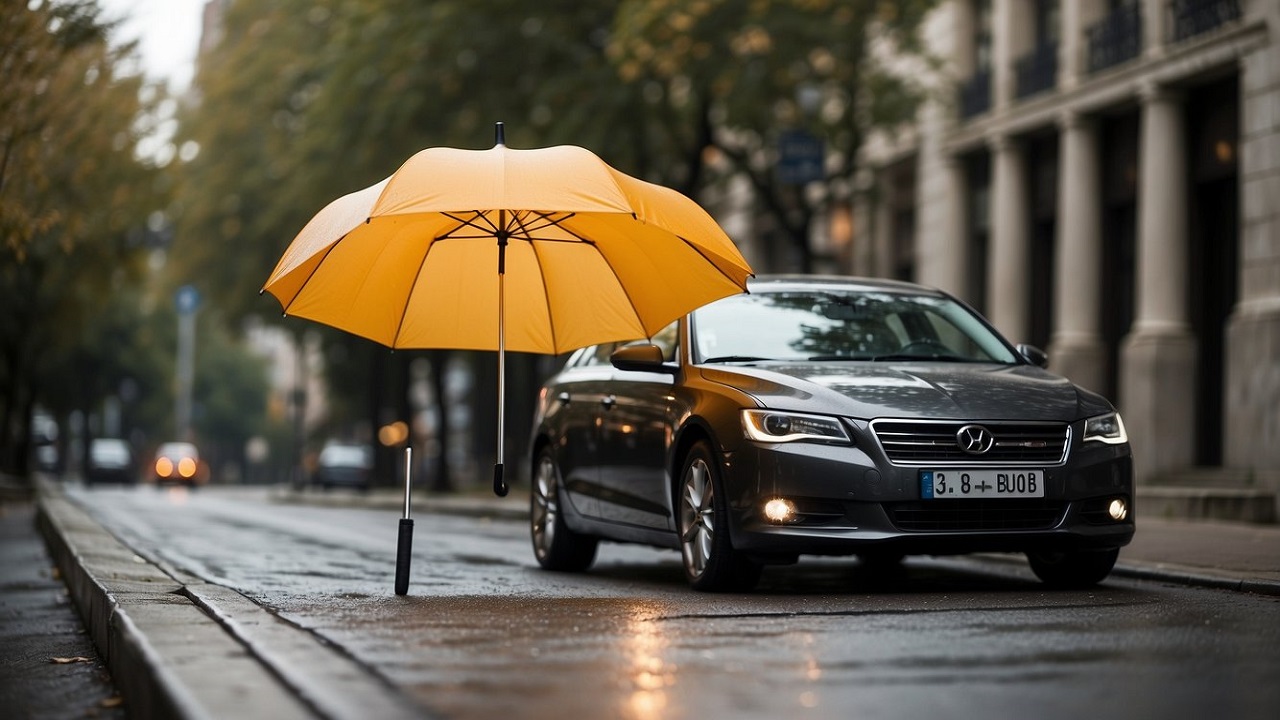
- Average Price: $1,000 – $3,000
- Why You May Avoid: Many extended warranties come with numerous exclusions and may overlap with the coverage already provided by the manufacturer. Additionally, not all repairs may be covered, and the cost might exceed the benefits.
Rustproofing and Undercoating
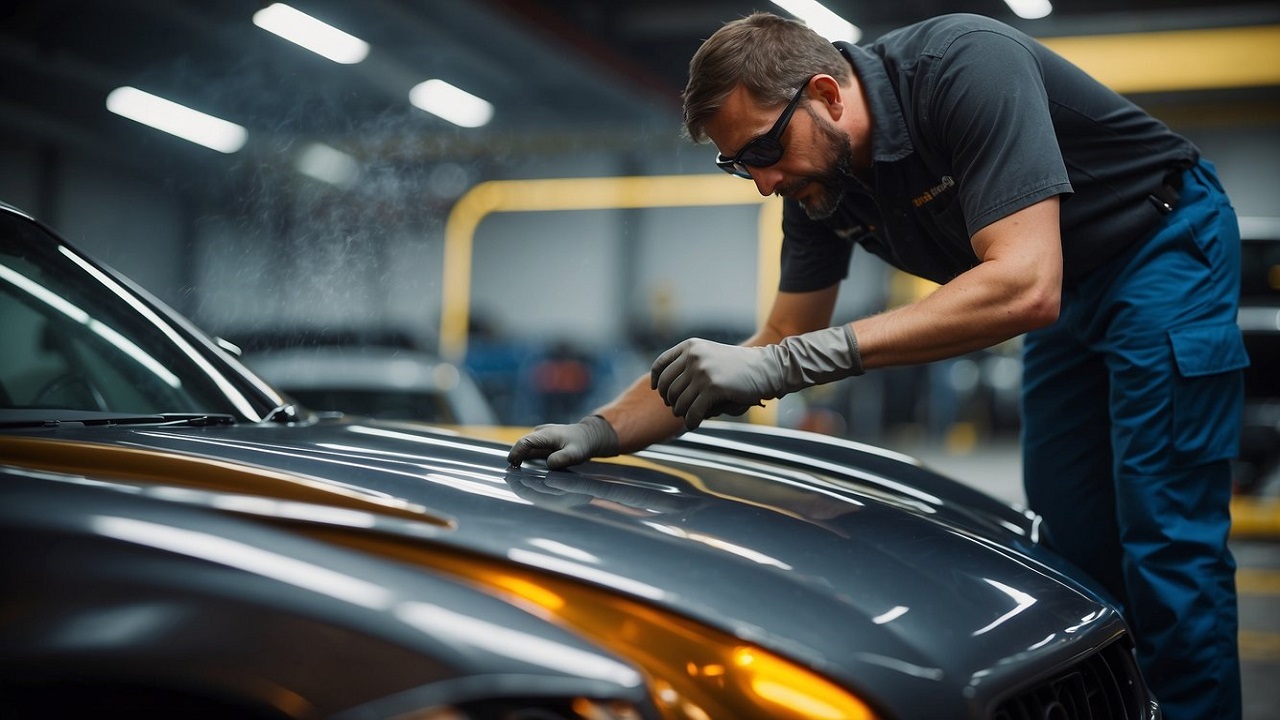
- Average Price: $100 – $500
- Why You May Avoid: Modern cars are often built with rust-resistant materials, making this service less necessary. It can also void the manufacturer’s corrosion warranty.
Paint Protection Film

- Average Price: $500 – $2,000
- Why You May Avoid: While it protects the paint, it can be expensive. If not applied correctly, it can cause bubbles or peeling.
Window Tinting
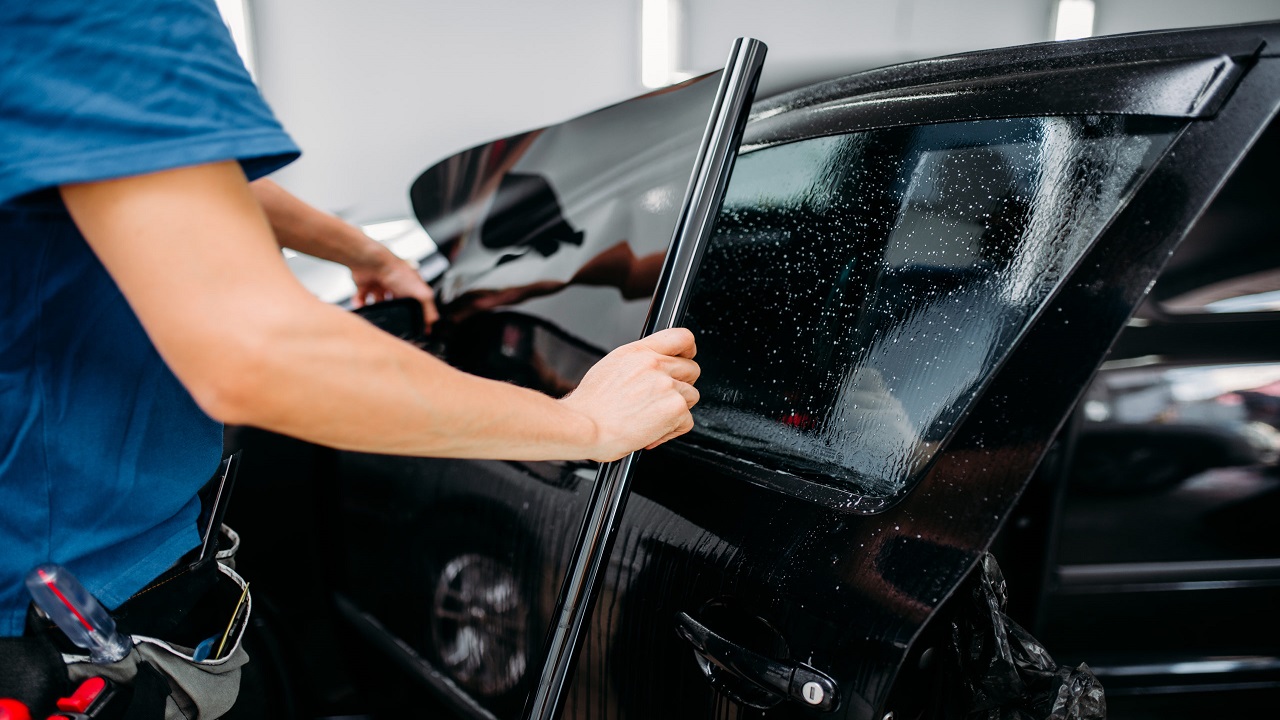
- Average Price: $100 – $400
- Why You May Avoid: Tinting laws vary by state or country, and improper installation can lead to bubbling or peeling. It may also reduce visibility at night.
Performance Tuning
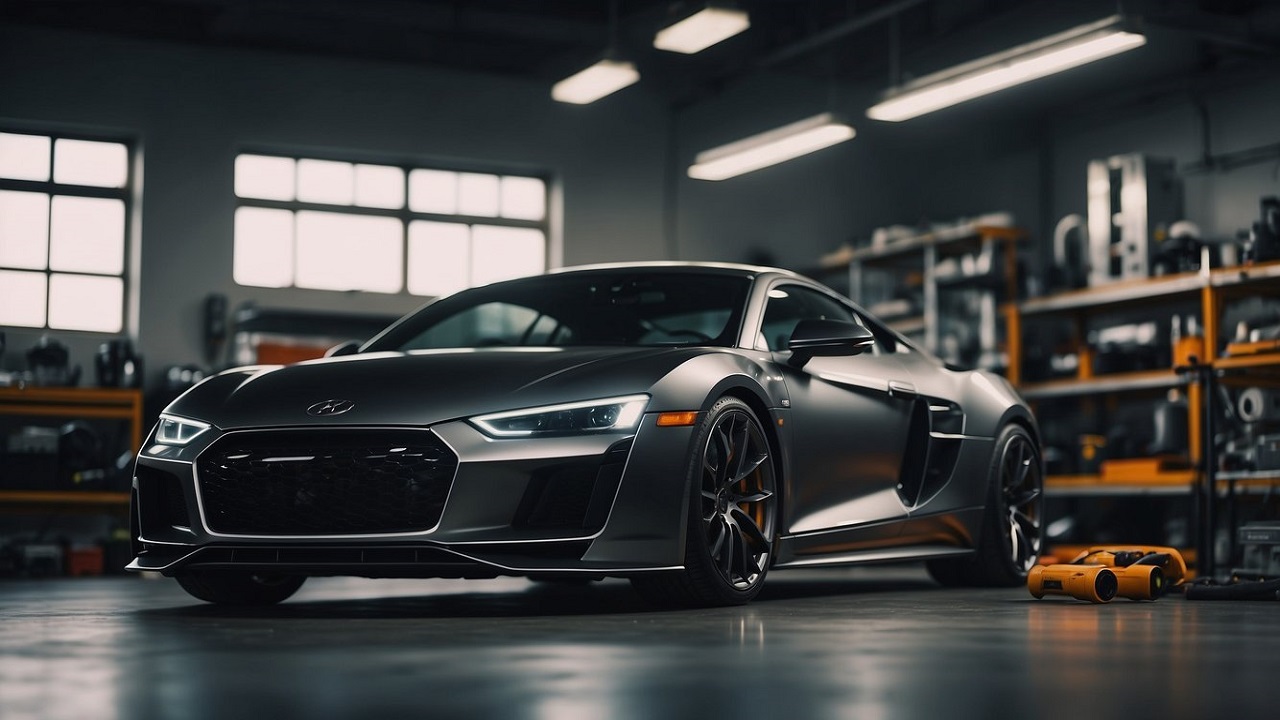
- Average Price: $500 – $5,000
- Why You May Avoid: Tuning can void the manufacturer’s warranty and may reduce the vehicle’s reliability or fuel efficiency if not done properly.
Custom Wheels and Tires
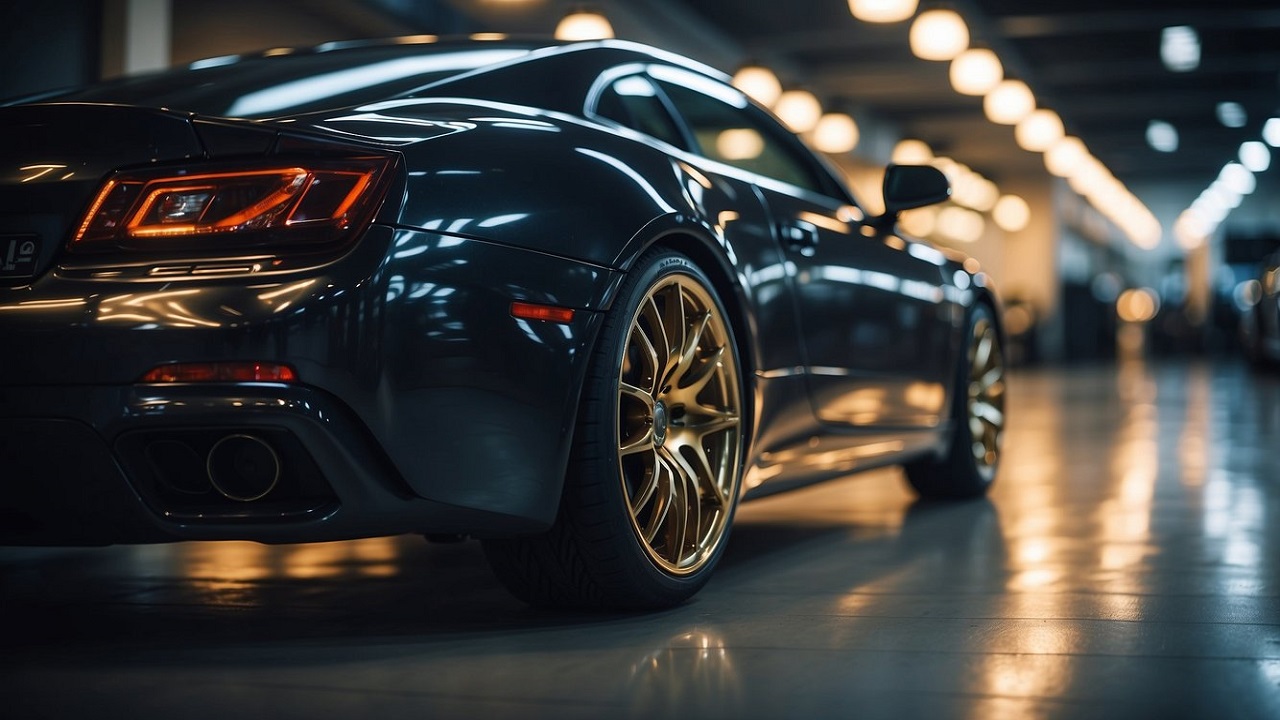
- Average Price: $800 – $3,000
- Why You May Avoid: Custom wheels and tires can be expensive and may negatively impact ride quality or fuel efficiency. They also make the car more attractive to thieves.
Leather Seat Installation
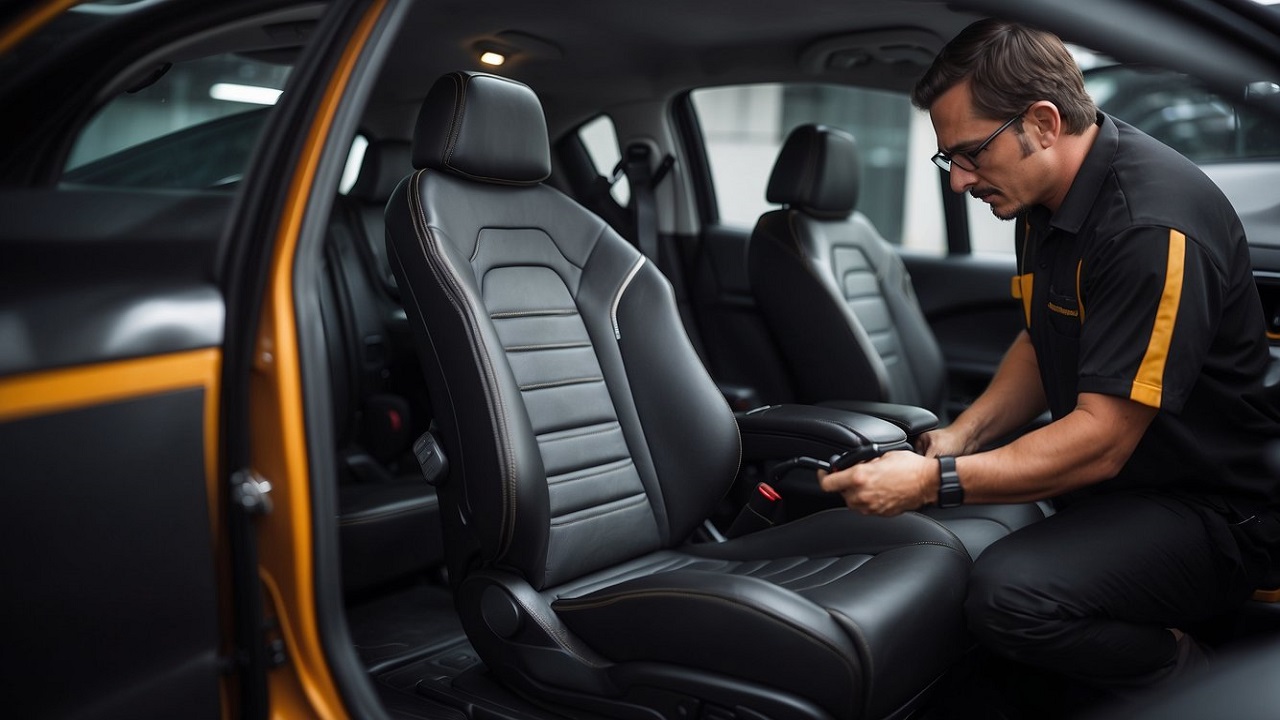
- Average Price: $1,500 – $3,000
- Why You May Avoid: The cost is high, and some may prefer the comfort or maintenance ease of fabric seats.
Heated Seats
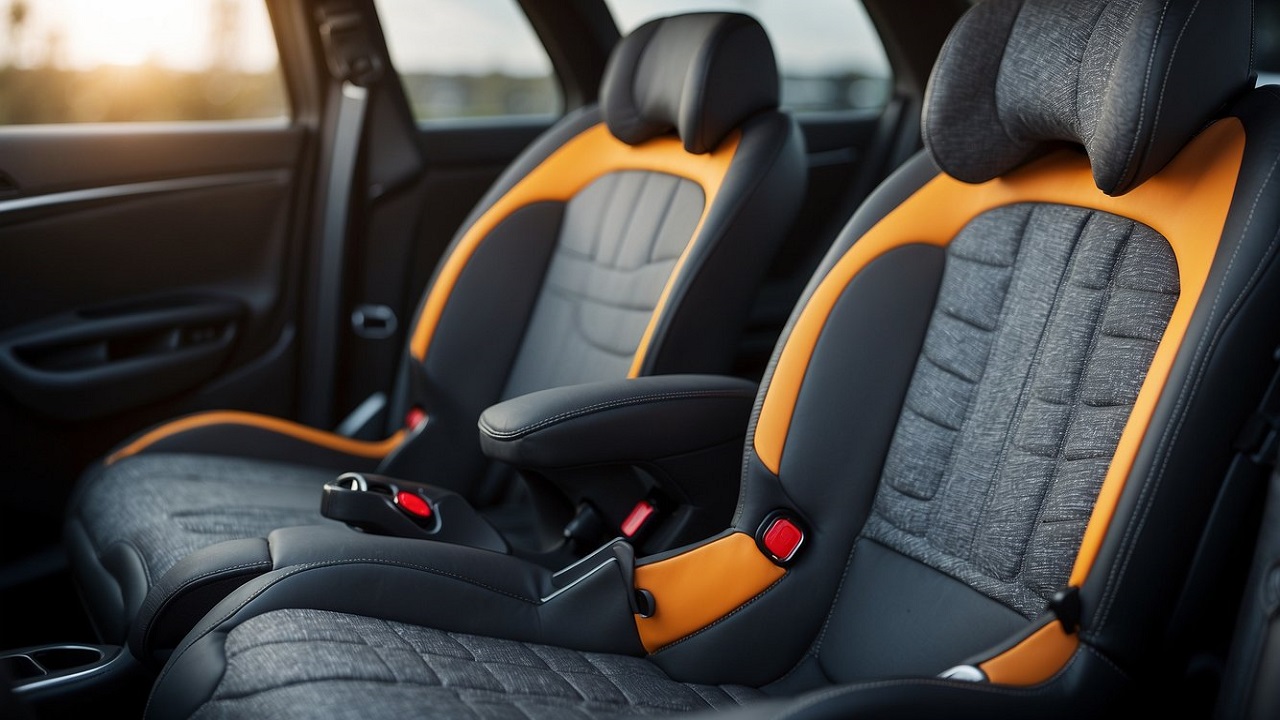
- Average Price: $300 – $800
- Why You May Avoid: This add-on can be costly, and in warmer climates, it may not be used frequently enough to justify the expense.
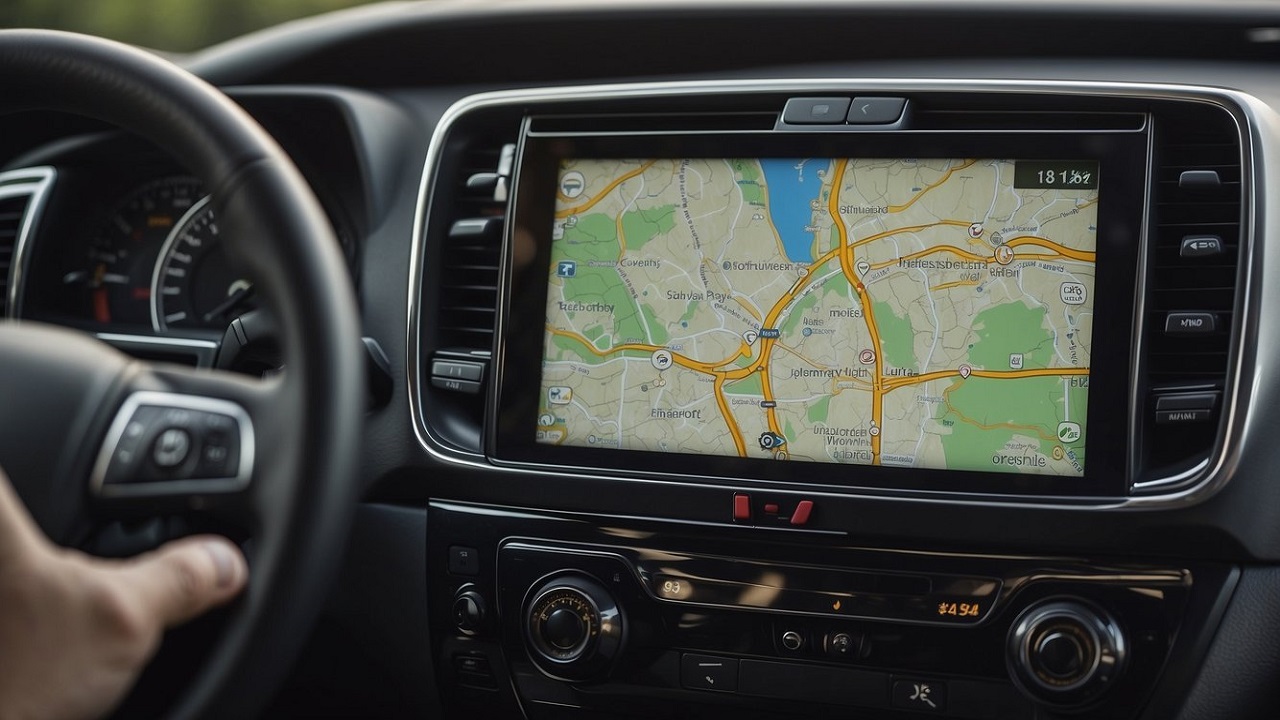
- Average Price: $500 – $2,000
- Why You May Avoid: With the prevalence of smartphone navigation apps, this can be an unnecessary expense.
Advanced Audio System
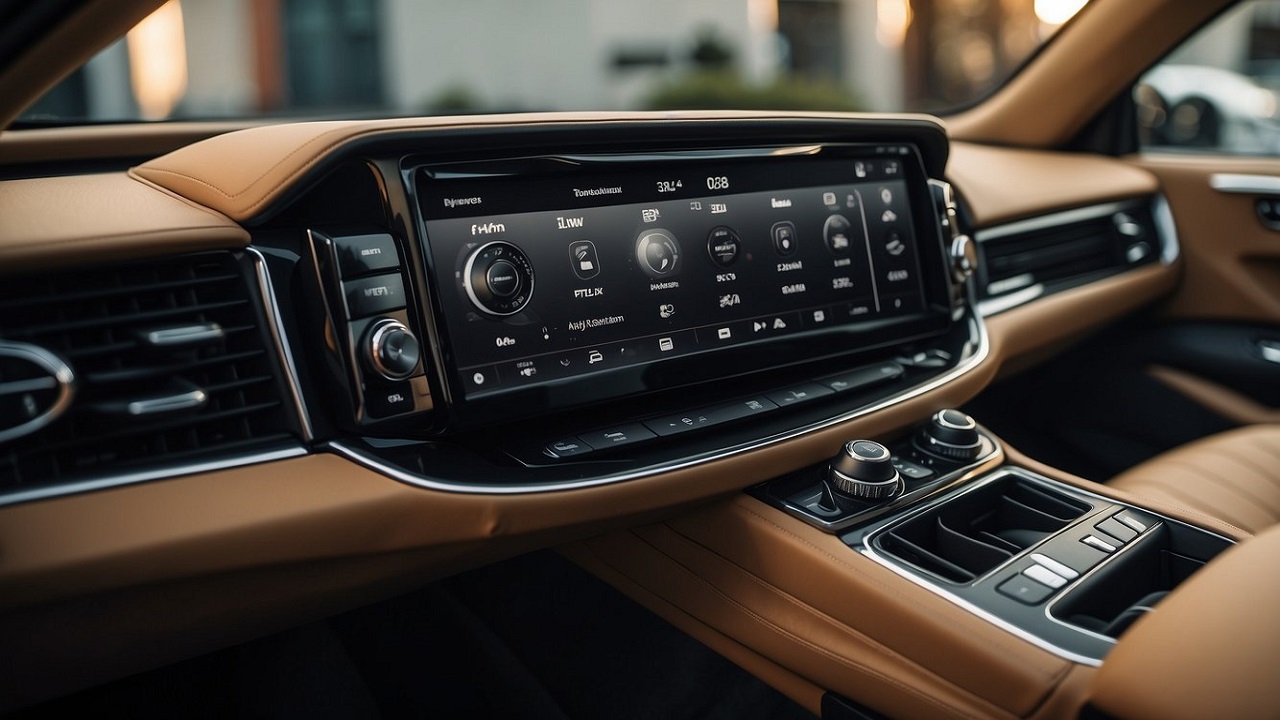
- Average Price: $500 – $2,000
- Why You May Avoid: High-quality aftermarket systems can be very expensive, and some may find the factory-installed system adequate.
Dash Cam Installation
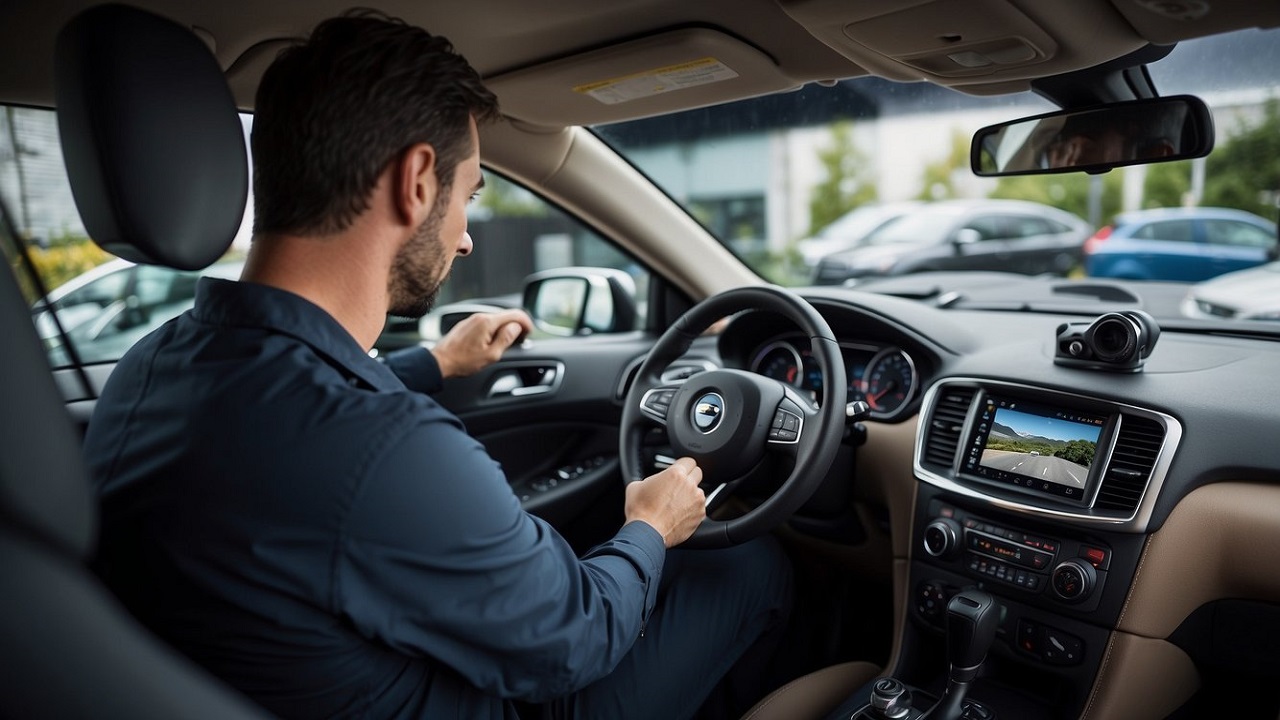
- Average Price: $100 – $400
- Why You May Avoid: While useful, some may find it unnecessary or prefer a portable, less expensive option.
Blind Spot Detection System
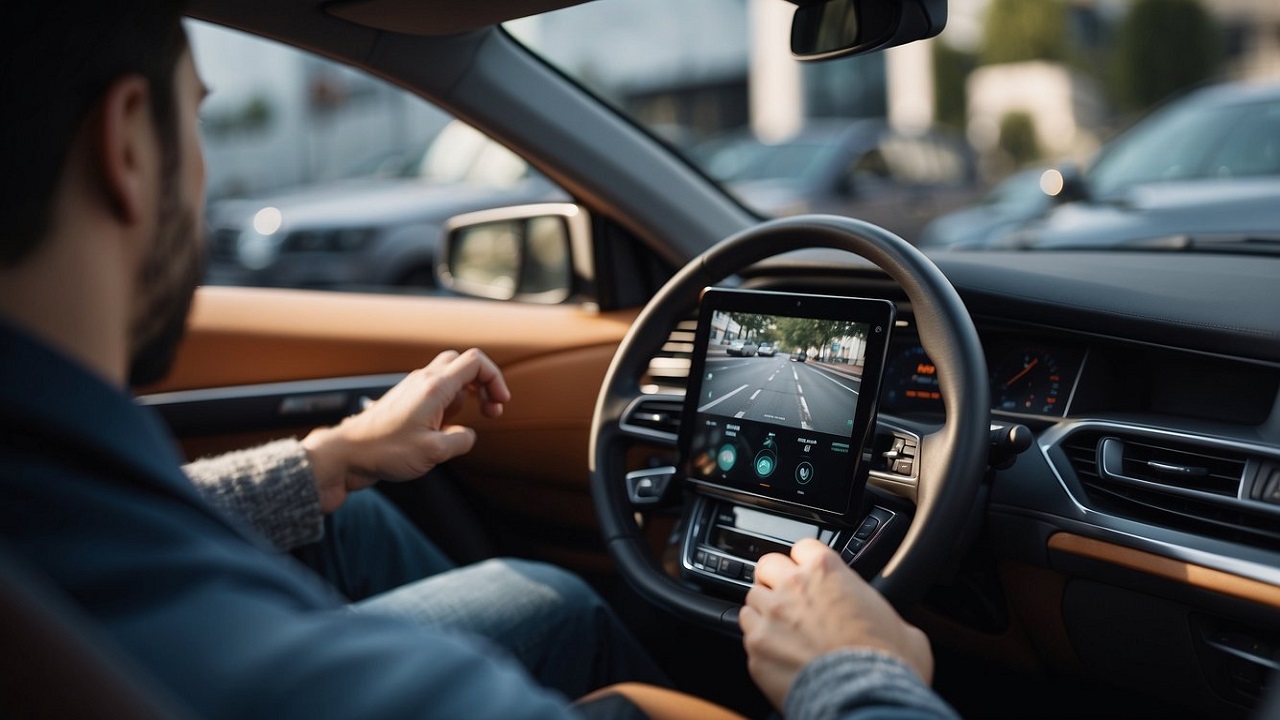
- Average Price: $500 – $1,500
- Why You May Avoid: It can be expensive and may not be as effective as proper mirror adjustment and attentive driving.
Backup Camera
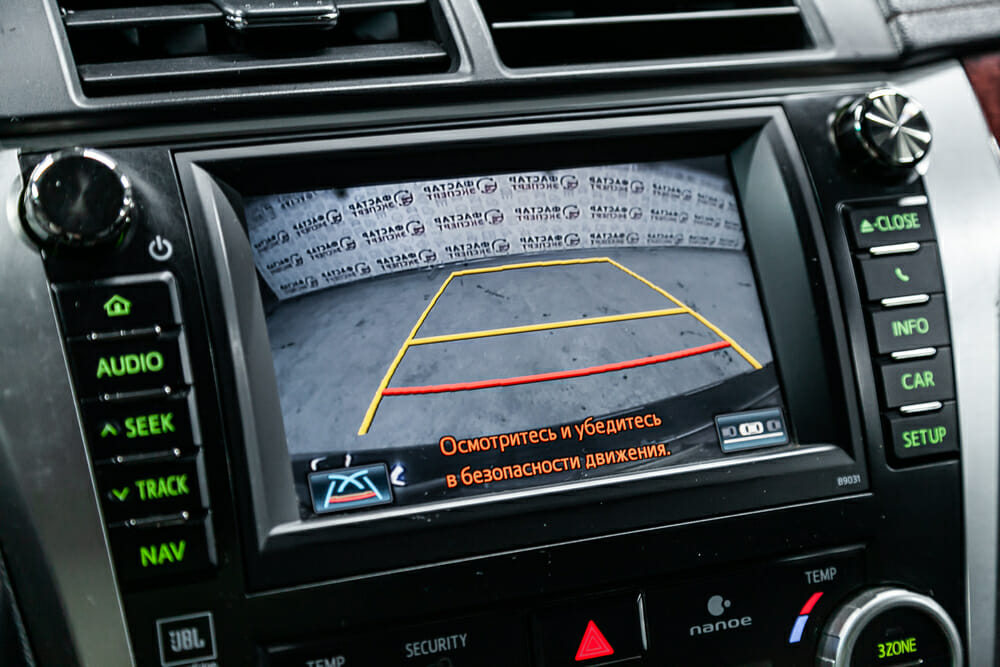
- Average Price: $100 – $500
- Why You May Avoid: Many newer cars come with this feature standard, making it unnecessary for newer models.
Parking Sensors
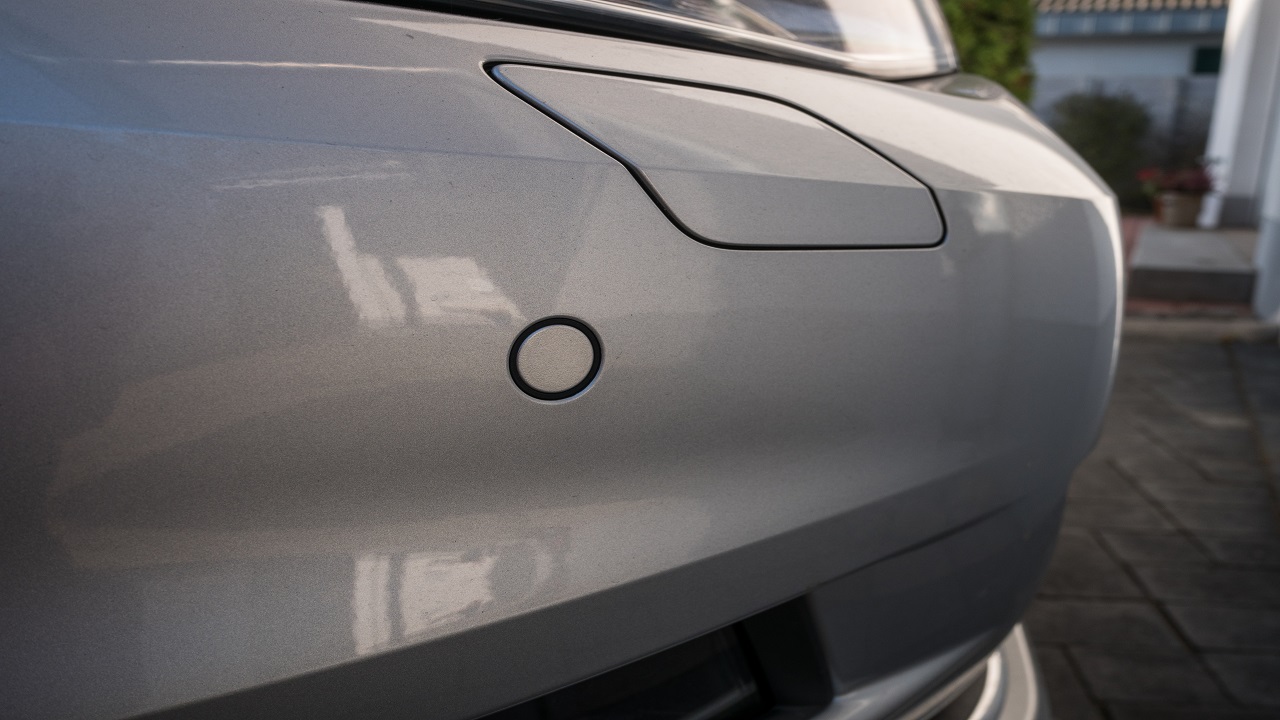
- Average Price: $200 – $800
- Why You May Avoid: The cost might be high, and some drivers may not feel the need for this assistance.
Car Alarm System
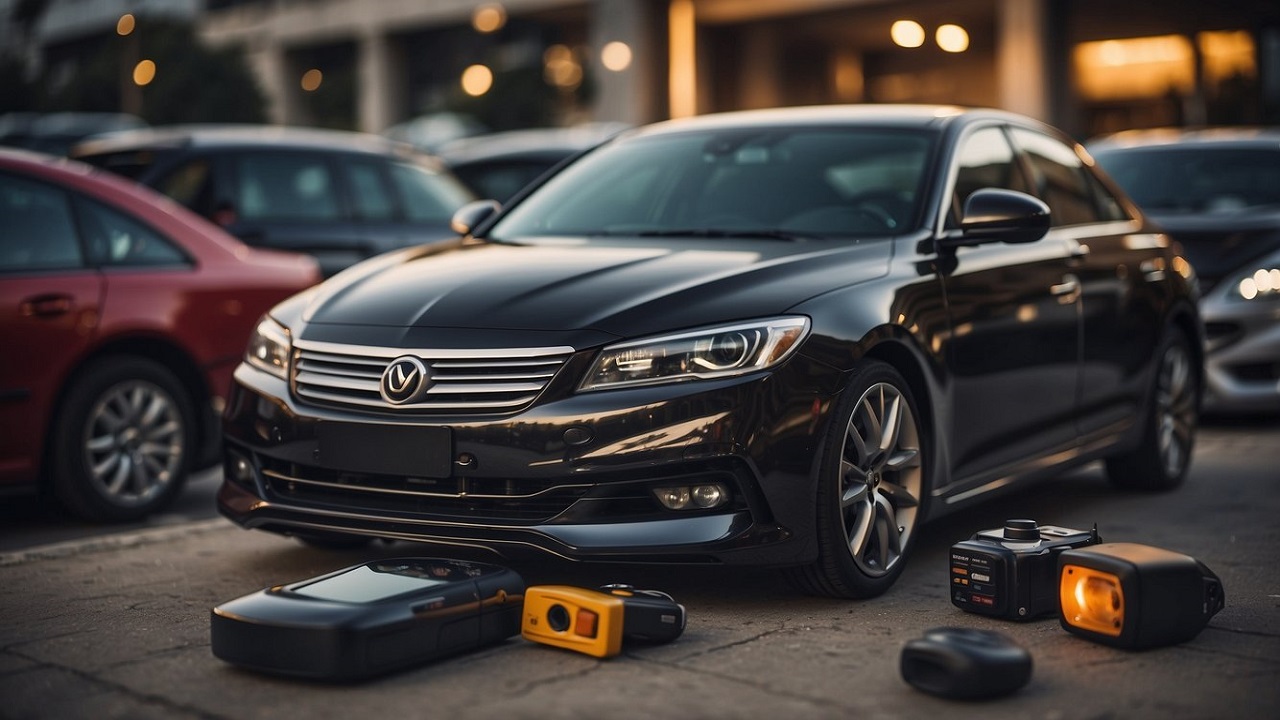
- Average Price: $200 – $1,000
- Why You May Avoid: Modern cars often come with built-in security systems, and false alarms can be a nuisance.
Custom Exhaust System
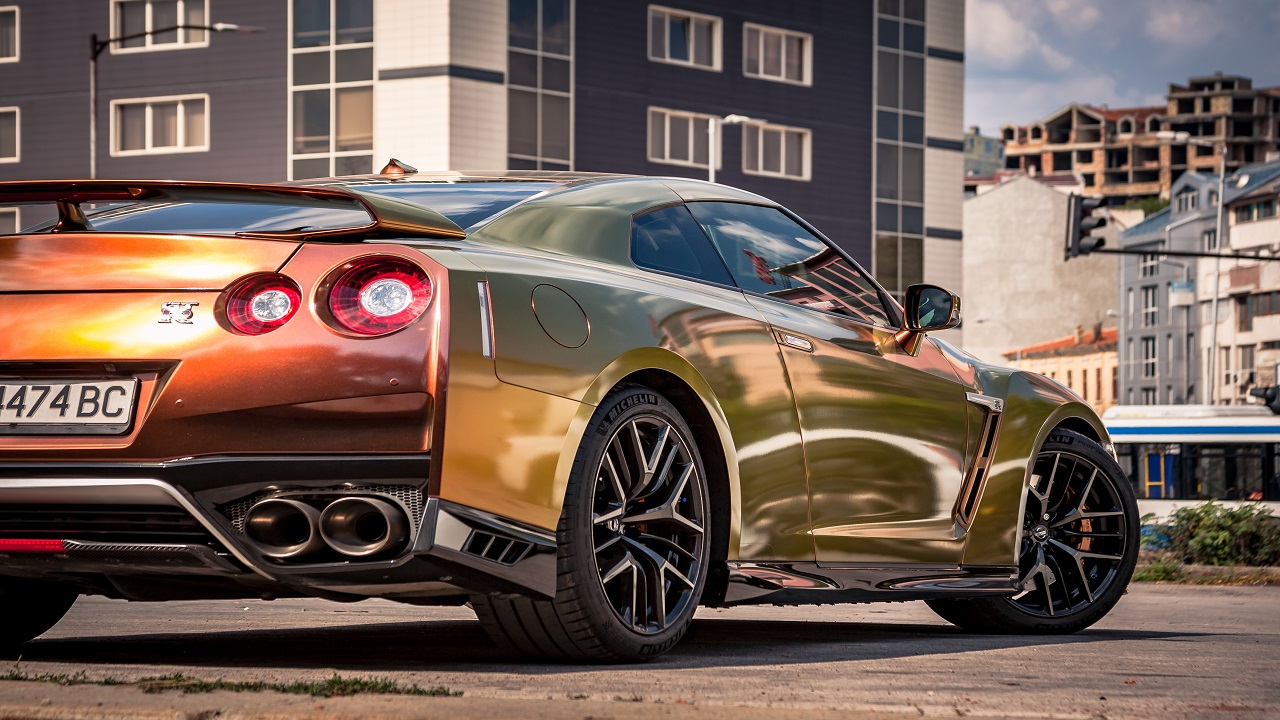
- Average Price: $500 – $3,000
- Why You May Avoid: It can be expensive and may not significantly improve performance. It can also make the car louder, which might not be desirable for all.
Interior LED Lighting
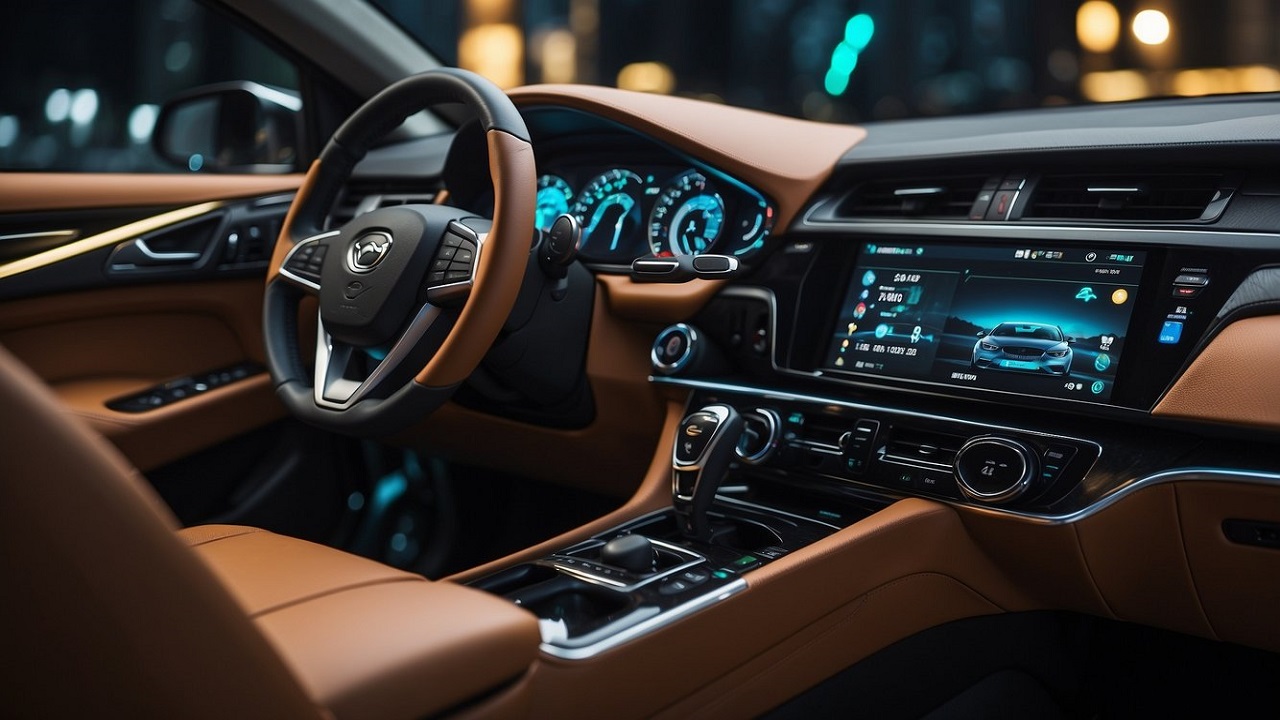
- Average Price: $100 – $500
- Why You May Avoid: It can be seen as unnecessary and might be considered a distraction while driving.
VIN Etching
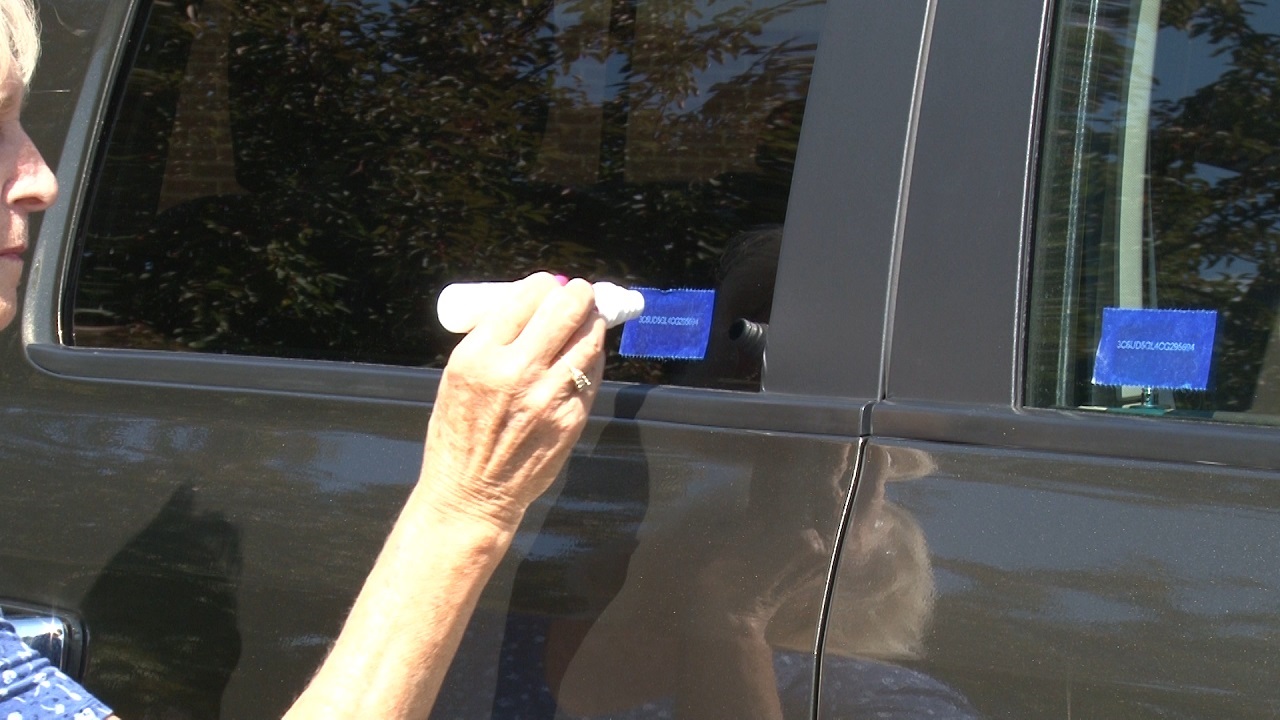
- Average Price: $50 – $300
- Why You May Avoid: While VIN etching can be a deterrent to theft and might reduce insurance premiums, it is often offered at a premium price by dealerships. You can usually get this done more affordably through local services or even DIY kits.
Interior Protection Packages
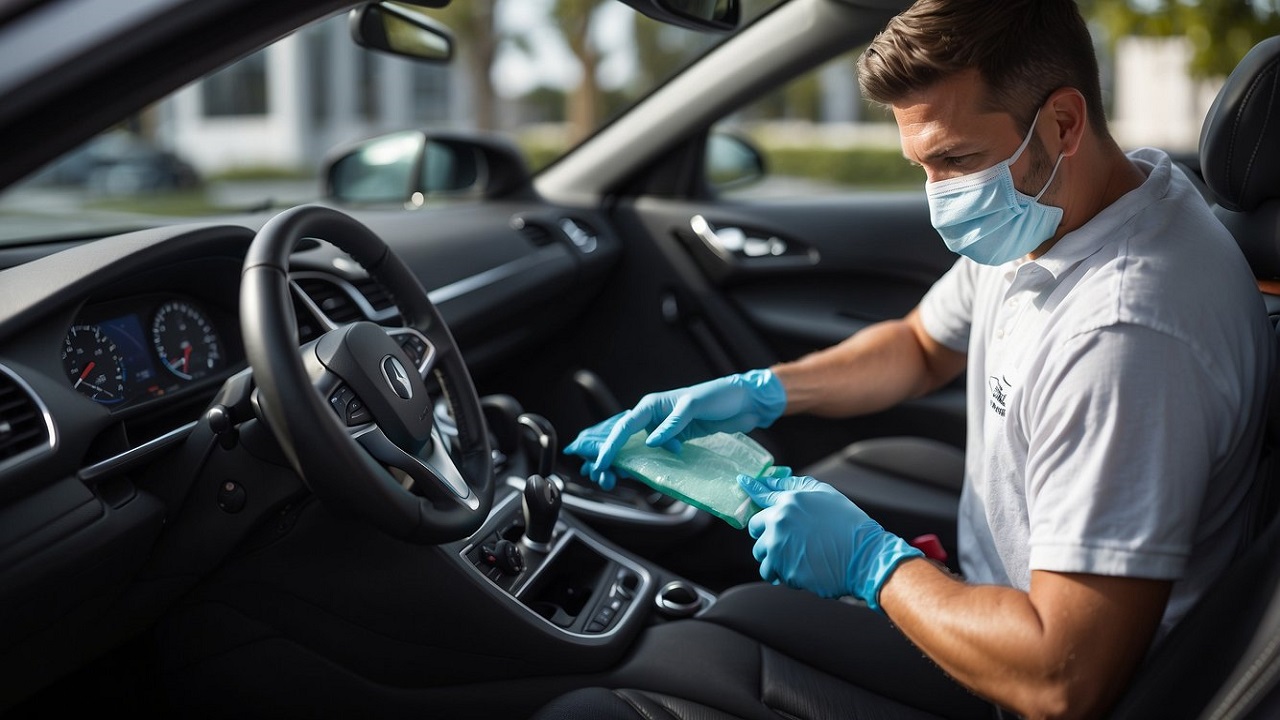
- Average Price: $200 – $800
- Why You May Avoid: These packages often include treatments for fabric, leather, and carpets to protect against stains and wear. However, the high cost might not be justified, especially if you can maintain your car’s interior with regular cleaning and affordable protective sprays or covers.
Roof Racks and Carriers

- Average Price: $200 – $1,000
- Why You May Avoid: While useful for carrying extra cargo, bikes, or sports equipment, roof racks and carriers can be expensive and may affect your vehicle’s aerodynamics and fuel efficiency. If you rarely need extra storage, it might not be worth the investment.
Ceramic Coating

- Average Price: $500 – $2,000
- Why You May Avoid: It requires proper maintenance and can be costly. Some may find regular waxing sufficient for their needs.
Remote Start System
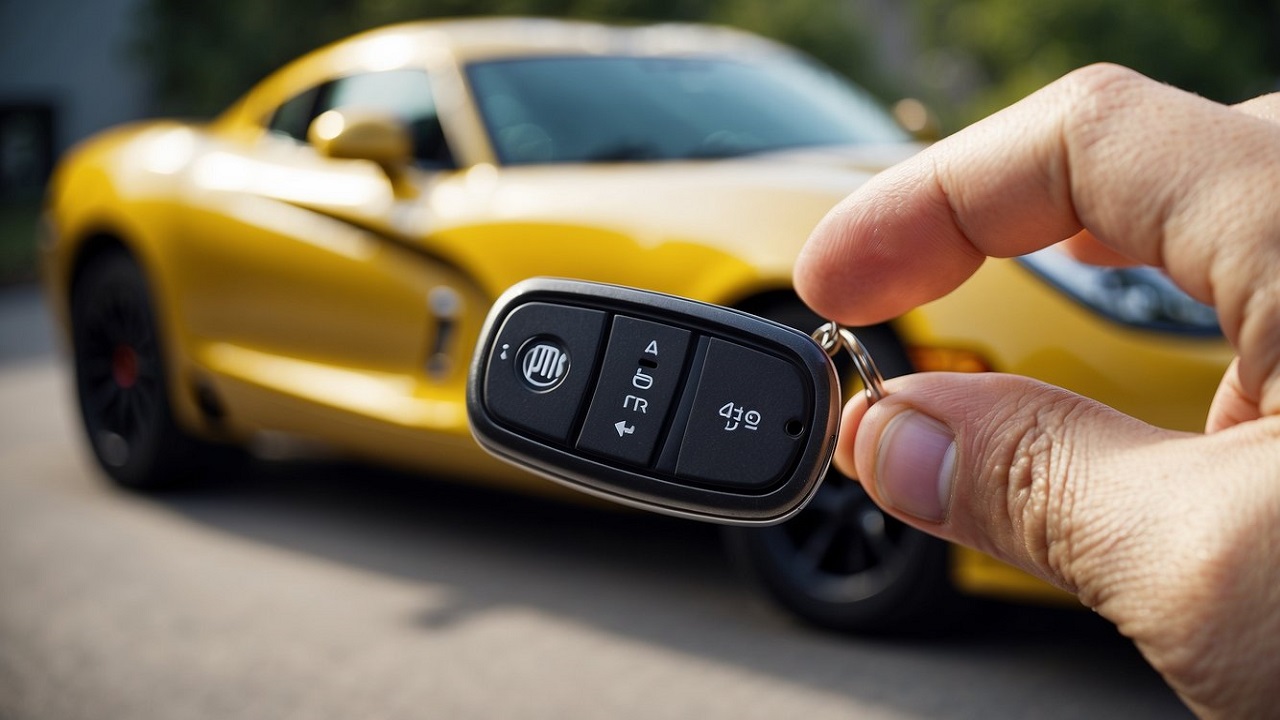
- Average Price: $200 – $600
- Why You May Avoid: It can be expensive, and installation might interfere with the car’s electrical system. In some regions, idling laws may restrict its use.
Tow Packages
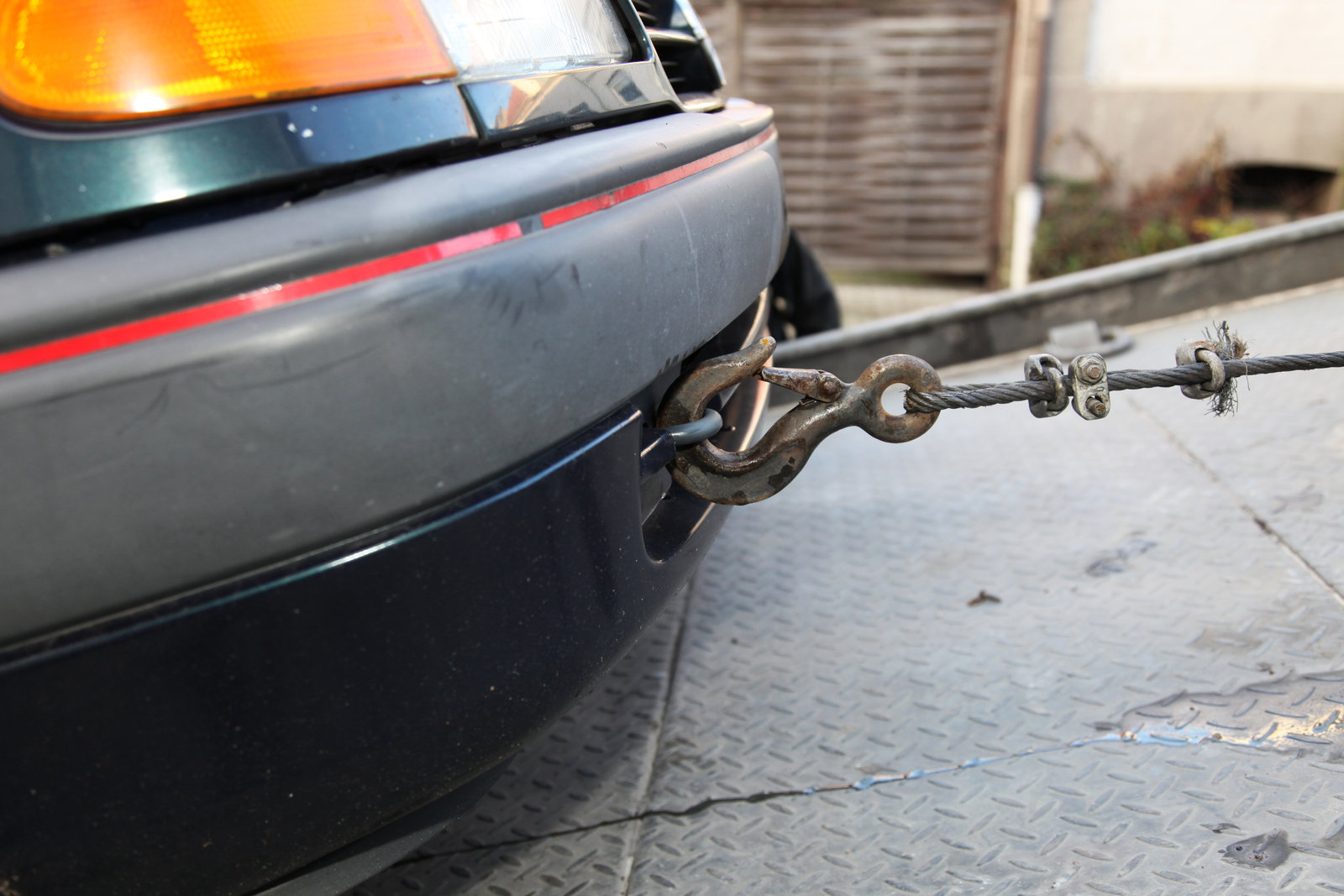
- Average Price: $500 – $1,500
- Why You May Avoid: Tow packages include a hitch and other components to enable towing. They can be costly and may not be necessary unless you frequently tow trailers or other heavy loads. Additionally, improper use can damage your vehicle.
Sunroof Installation

- Average Price: $1,000 – $2,500
- Why You May Avoid: It can be very costly, and improper installation might lead to leaks or other issues.
The Top 22 Best-Selling Cars of 2024, According to Experts
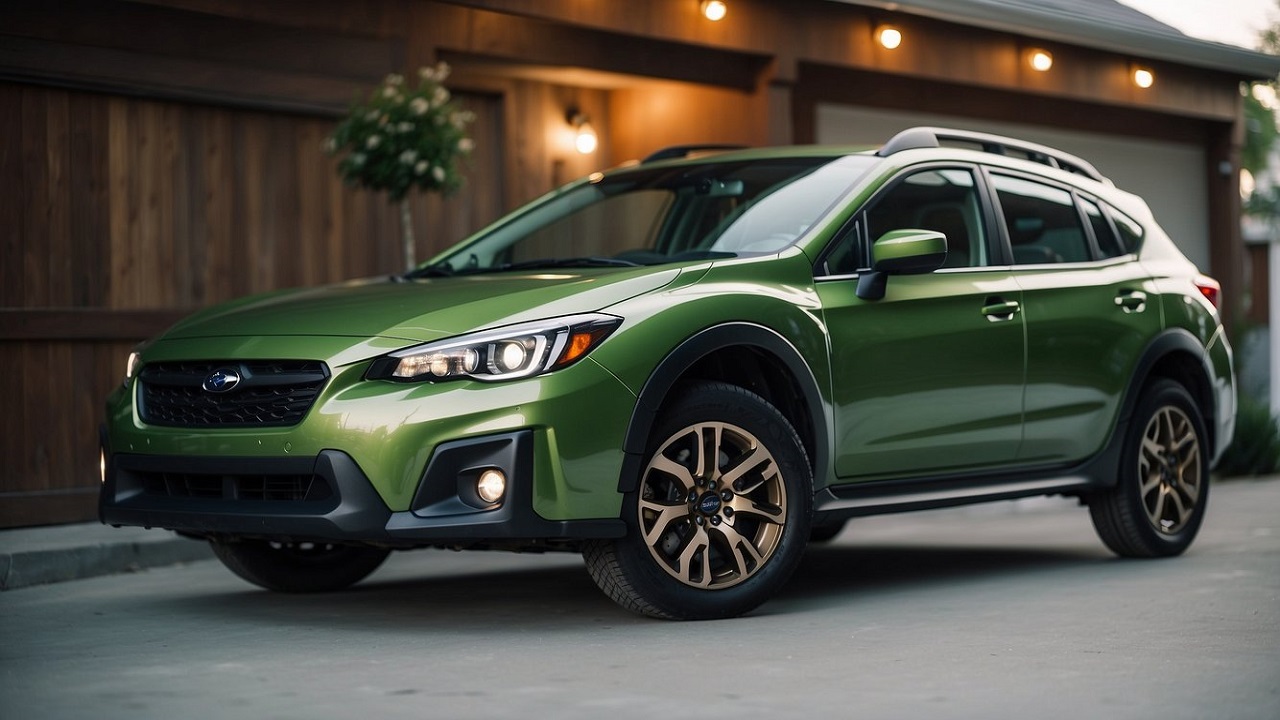
In 2024, the highways are alive with the roar of engines and sleek car designs, epitomizing the American dream in both cities and suburbs. This guide highlights the top 22 car models favored by Americans in 2023-24, showcasing the vehicles that dominate the roads and shape the culture, while also providing insights into the future of driving.
READ Guide HERE: The Top 22 Best-Selling Cars of 2024, According to Experts!
Buyer Beware: 33 Most Unreliable Japanese Cars to AVOID at All Costs
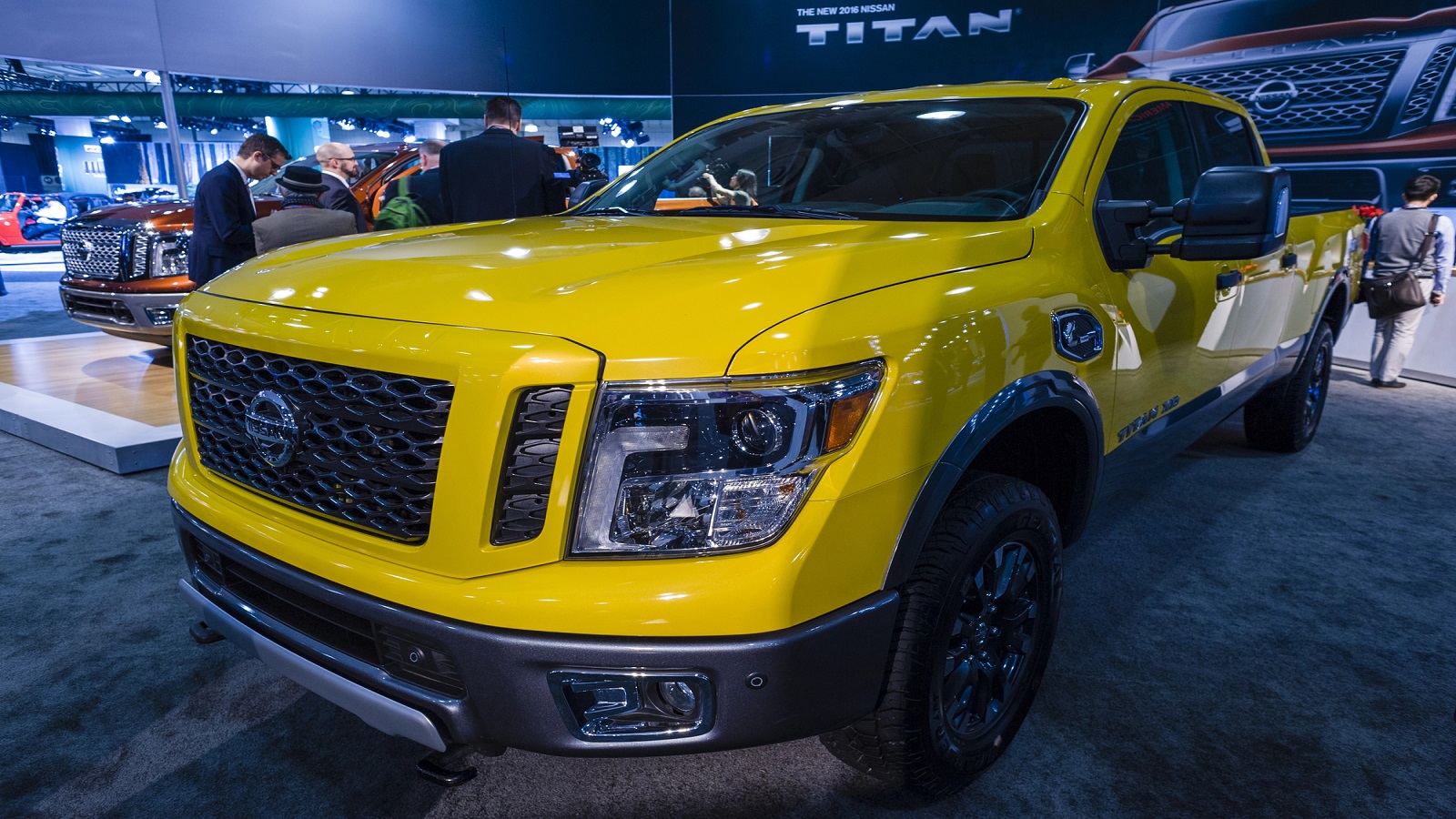
Japanese cars are known for reliability and lasting performance, attracting drivers worldwide. However, not all used Japanese cars meet these standards. Some suffer from mechanical issues, recalls, and age.

